Maun is known by its residents as ‘Dusty Donkey Town’, and on the day that Okavango Craft Brewery had its unofficial (re)launch party, it quickly became evident why. I’m not quite sure why I felt it necessary or smart to walk the 5km from my hotel to the brewery on a cloudless 30-degree day. After a while, the scenery got a bit samey – sand-edged streets, roadside kiosks offering hot food, shoe cleaning services, fresh produce or any combination of the three, and of course donkeys vying for any scrap of shade they could find. I found none, and the Kingfisher IPA I downed when I finally arrived at the brewery, slightly sunburnt and sweaty, was one of the most refreshing beers I’ve ever had the pleasure of drinking.
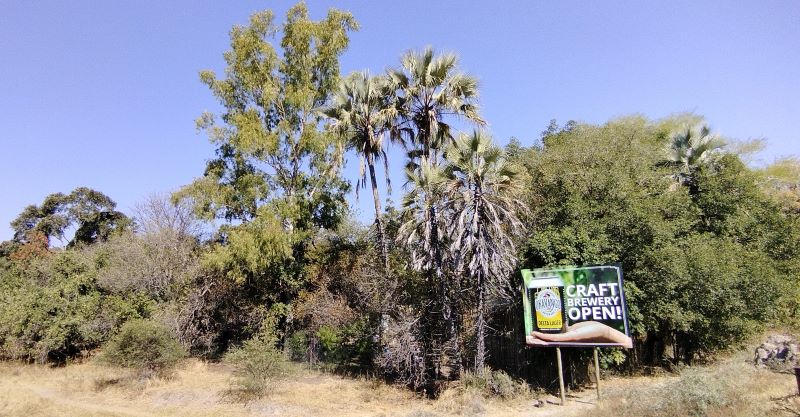
Okavango Craft Brewery officially launched in February 2020, when the first batches of beer went through their new stainless steel system. It was remarkably unfortunate timing. Much like South Africa, Botswana’s lengthy Covid lockdown was peppered with trading restrictions and intermittent alcohol bans. For two years, the brand-new brewpub operated sometimes as a liquor store – open only for off-sales – occasionally as a brewpub, and sometimes not at all.
But that was all in the past on the sunny winter’s day when I finally made it to Maun. The brewery had already managed to garner quite a following among the locals, who poured through the gates to listen to live music and quench their thirst with Okavango’s beers, all named for features of the nearby Delta.
The biggest seller is the Delta Lager; the most-awarded is Panhandle Pale Ale, but my personal favourite is the crisp and deeply refreshing Kingfisher, a 4.5% session IPA which, like all of Okavango’s beers, uses malted millet alongside malted barley.
Indeed, millet is the reason for Okavango Craft Brewery’s existence. But to get that story I would have to travel 500km up into the Panhandle of the Okavango Delta.
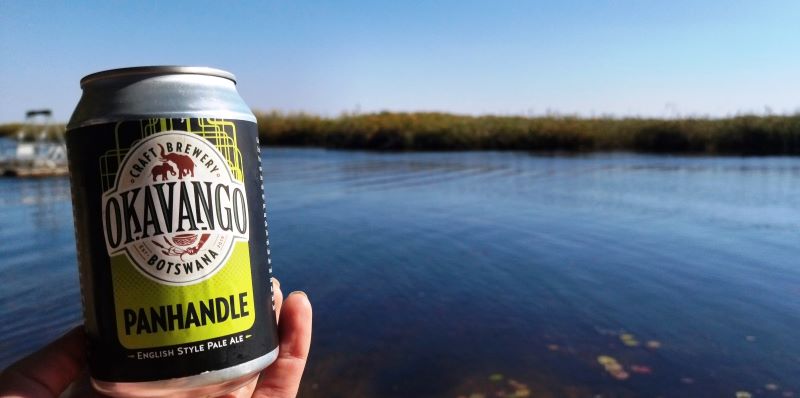
Into the Delta
It’s an all-day trip from Maun to Seronga. You can travel the whole way on rutted roads, but we were lucky enough to be able to take the scenic route. This started on a long, straight road, a little rough around the edges – and often in the middle – with potholes you could lose a small car in. But there were no small cars to be seen along this route – just well-worn bakkies and a series of increasingly well-equipped 4x4s topped with tents and decorated with gas cylinders or various tools. But were they also carrying a keg of Kingfisher in its own custom-made cooler bag? No, I suspect this is where we had them beat.
The four-hour drive to Sepupa included an essential gas station pit-stop, not just to get gas and take care of the needs that a deeply ridged road will create after a while, but also to buy giant slabs of ice to keep our keg cold. At Sepupa we transferred the keg (and some other, less important belongings and provisions) to a manned motorboat to continue our journey along the Panhandle itself. For 90 minutes we zipped along the water, flanked by papyrus and reeds, with more than a dozen bird species passing overhead. I was glad we’d stashed a few cold cans of Delta Lager to enjoy along the journey.
Our aquatic journey at an end, we carefully carried our keg to the waiting bakkie, and eventually, as we pulled off the road onto a patch of grass dotted with ponds, to a mokoro to cross the final 100 metres to our destination. As we were poled across the shallow water, the distinctive grunting of hippos carried on the wind and for the first time I spotted them just a couple of hundred metres away.

Elephant-friendly farming
That first sip of cold Kingfisher was a marvellous one as we met up with the entire team behind Okavango Craft Brewery at the remote and beautiful headquarters of Ecoexist. Ecoexist is an NGO dedicated to reducing human-elephant conflict in northern Botswana. It is also the birthplace of Okavango Craft Brewery.
Founded by Anna Songhurst and Graham McCulloch, Ecoexist focuses on creating a harmonious existence between elephants and humans – in a region that is home to around 15,000 of each. One of their projects involves working with local farmers to encourage elephant-friendly farming methods: out with the beating of drums and shooting of guns at pachyderms that wander too close, and in with gentler methods, starting with simply avoiding planting crops in the timeworn “elephant corridors” that Anna identified in her celebrated PhD.
After a night in the camp, lulled to sleep by the panicked mooing of a herd of cows that, as we learned later, were freaked out by a lion in their midst, we set off to meet some of the Ecoexist farmers. First, the Simbas, who have farmed in this dry, sandy and unforgiving corner since 1981. They were one of the first farms in the region to test out Ecoexist’s elephant-friendly farming methods and have noticed a marked reduction in pachyderm visits.
They’ve also noticed improvements in their yield, not least because they used to harvest early in order to get the crops out of the ground before the elephants passed by on their northern migration. The Simbas plant sorghum, maize and beans, but like most farmers in the region, their main crop is one which thrives in poor soil and harsh climates: millet. The Ecoexist team knew that the key to convincing local farmers to adopt practices that would benefit both their livelihoods and the wellbeing of the elephants lay in millet, and a plan began to take shape.
“It’s a lot of extra work to instigate the elephant-aware farming practices,” says Graham. “So there has to be an incentive. We buy the millet from our farmers at an above-market price as a way to encourage them to adopt our recommended measures.”
From millet to microbrewing
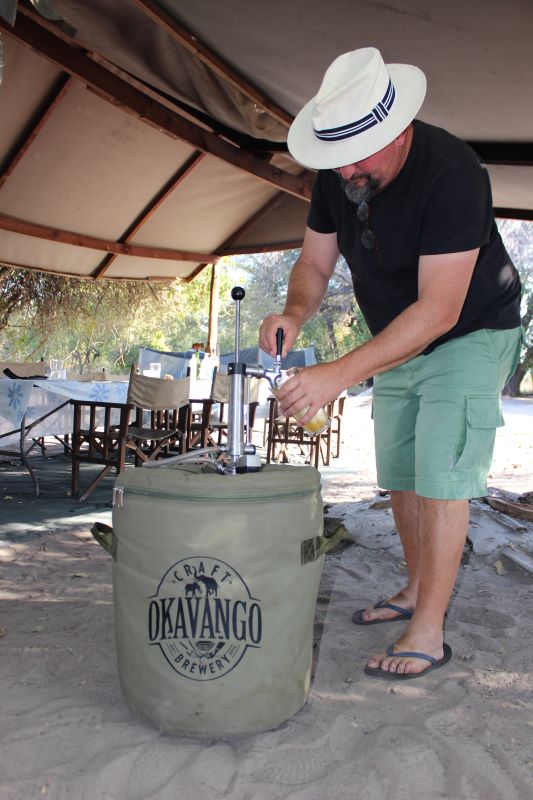
Kingfisher IPA on tap in the depths of the Delta
It’s a remarkable concept but of course one that brings a whole new problem: what to do with the millet. “There wasn’t really a market for millet, so we decided we would have to make our own market,” says Graham. The team began to brainstorm possible avenues for selling the grain, first looking into packaged foodstuffs like breakfast cereal and snacks. But none of the ideas felt like a winner.
One of the partners in the millet venture, elephant conservationist Loki Osborn, had a Cape Town contact he thought could help. Heine du Toit – now a partner in Okavango Craft Brewery – is a food scientist and brewer, a former member of the now defunct Brewers Co-op in Cape Town. He quickly convinced the others that the best use for their millet would be to malt it and turn it into beer. Research kicked off in 2016 and plans for a brewery that would use northern Botswana’s elephant-friendly millet quickly began to take shape.
I heard the story of the brewery’s beginnings over sundowner beers as we staked out one of the elephant corridors, hoping to get a glimpse of passing pachyderms. But despite the fact that elephants are abundant in this corner of the country, the only ones we spotted were on the labels of the Delta Lager we sipped as the sun set.
Later that day, as the last of the keg was drained, we heard the unmistakable trumpeting of elephants nearby, and although we didn’t see them, it still provided the perfect end to this leg of the trip. It was time to get back to Maun to visit the brewery; perhaps the only brewery in the world whose existence was kicked off by a herd of African elephants.
Meet the brewers
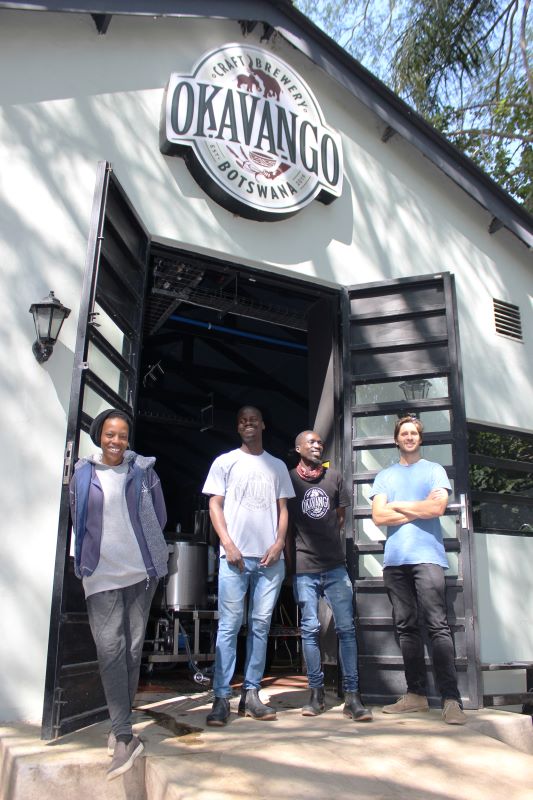
The Okavango brewing team takes a quick break in the sun
After a hot and dusty drive, I arrived in Maun ready for a pint, but first I wanted to meet the team and see the brewery. Okavango’s head brewer is a familiar face. Hailing from Cape Town, Murray Stephenson kicked off his brewing career as an assistant brewer at Woodstock Brewery and later moved to Jack Black for a stint before taking up the head brewer position at Patiala Brewery. But somehow he seemed destined for the position at Okavango. “I first visited Botswana when I was 10 years old on a family safari trip and I was really taken with it,” he says. “Ever since then I wanted to return and always had an idea about living here for a while. In fact, that whole trip was the reason I went on to study zoology at university. When I was offered the job at Okavango, with the link that the place has to conservation, well, it all just made sense.”
Murray has a tight-knit team of brewers working with him including Bongani Josiah, Olerato (Ollie) Ratama and One Kgosibodiba, who joined the team as lead brewer during the pandemic. A trained chef from Gaborone, One saw the position advertised on Facebook and after an interview over Zoom, she moved to Botswana’s Dusty Donkey Town. “I jumped on a bus and moved to Maun knowing nobody here,” she says, clearly without regret.
Creating a craft culture
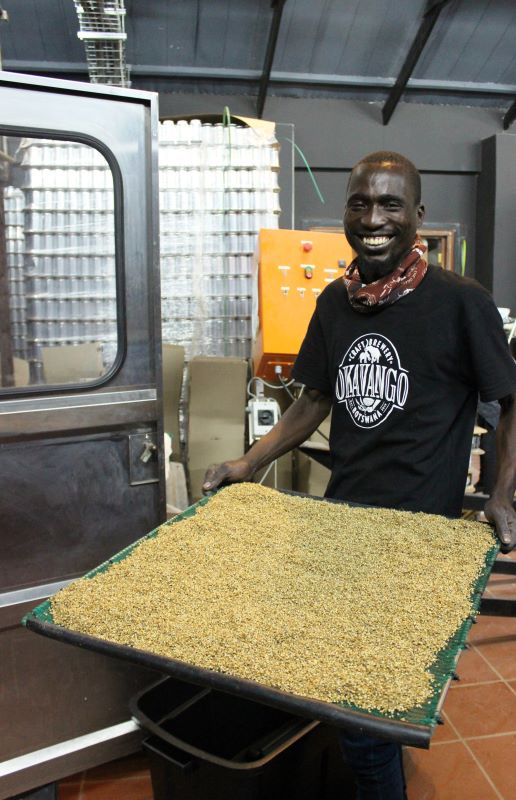
Ollie pulls a fresh batch of malted millet from the kiln
On the day I visit the team isn’t brewing, but there’s still plenty going on. Most notably Ollie is finishing up a batch of millet malt. A nutty aroma fills the air and as he transfers trays of still-warm millet from what was once an industrial bread oven, and is now a micro kiln for millet malt, I can’t resist stealing a handful to taste. It’s not as sweet as barley malt, but has more flavour than I expect: nutty with a slight earthy quality.
All of Okavango’s beers contain millet in varying percentages – the core range counts on 20-30% millet in the grain bill, depending on the beer, while some experimental brews exclusively use the locally cultivated millet, with no backup from barley. The millet is malted in-house on a fairly rudimentary system, but plans are underway to expand. The supply of millet is far outstripping what Murray and his crew can malt or brew with in a month, so the end goal is to produce millet malt to sell to the African brewing industry.
Production at the brewery is increasing steadily though, and when I return the next day for the (re)launch party, it’s clear that Maun has an undeniable thirst for craft beer. Queues form in the brewpub, happy revellers fill the dance floor and burgeoning beer aficionados order taster trays served in mini mokoros. It’s a brewery with a deep sense of provenance, a stellar origin story and of course, a selection of award-winning beers. It is a brewery that makes the 4000km return journey from Cape Town to a dusty town full of donkeys completely worth the trip.
This article first appeared in the autumn 2023 edition of On Tap Magazine and is reprinted with permission of the publisher.


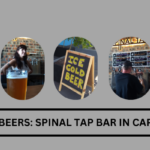
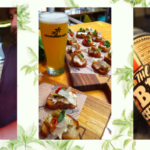


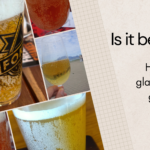
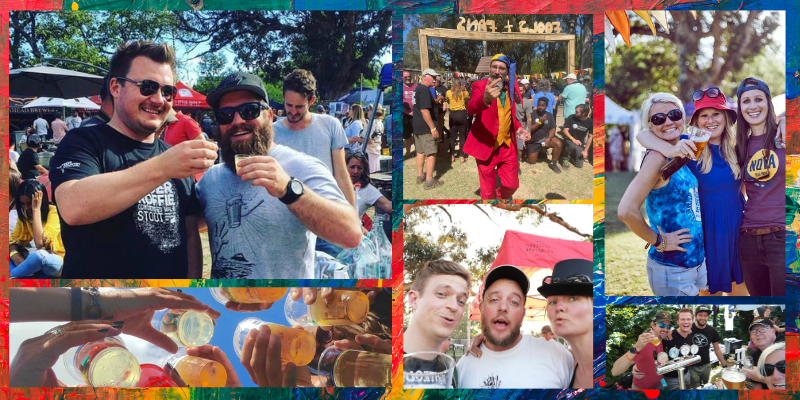
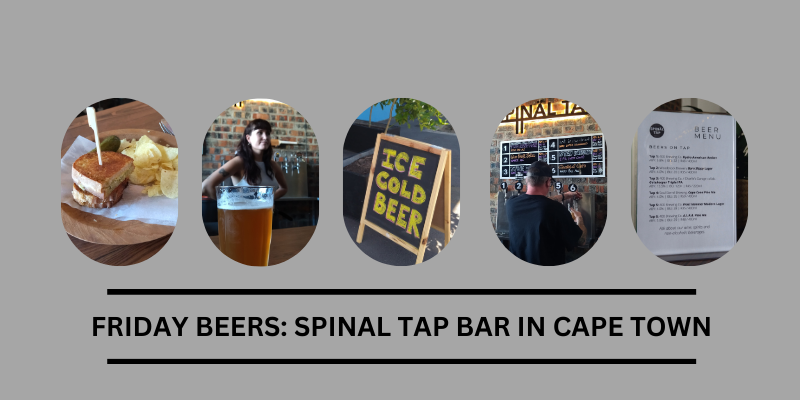
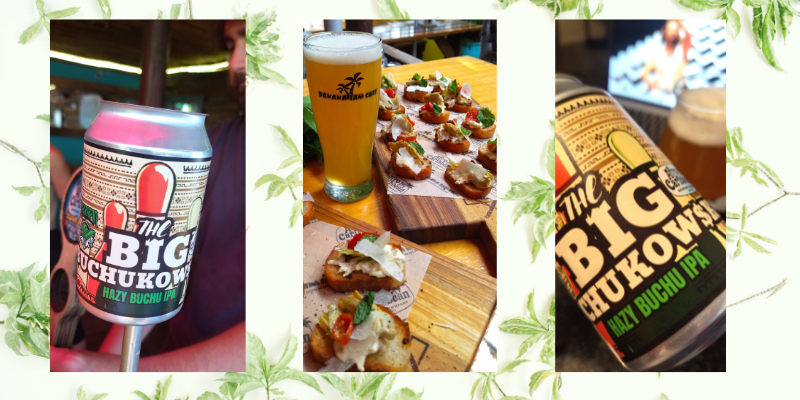
You took me to the Delta right there.Will definitely grab a Kingfisher craft when I go to Maun!!!